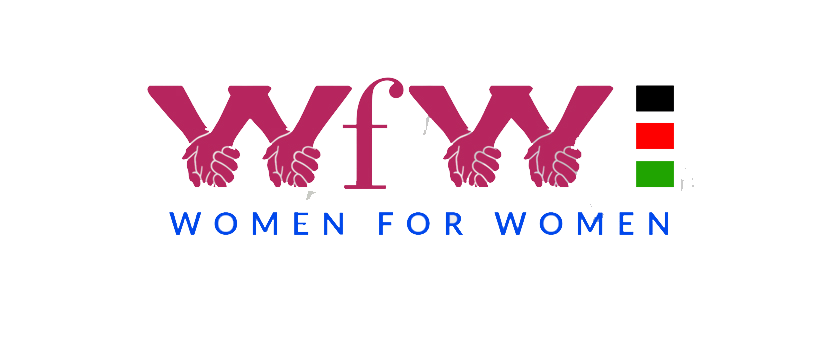Abortion
What Is It?
Abortion is the removal of pregnancy tissue, products of conception or the fetus and placenta (afterbirth) from the uterus. In general, the terms fetus and placenta are used after eight weeks of pregnancy. Pregnancy tissue and products of conception refer to tissue produced by the union of an egg and sperm before eight weeks.
Other terms for an abortion include elective abortion, induced abortion, termination of pregnancy and therapeutic abortion.
What It's Used For?
Generally, abortion is used most often to end an unplanned pregnancy. Unplanned pregnancies happen when birth control is not used, is used incorrectly or fails to prevent a pregnancy. Abortion is also used to end a pregnancy when tests reveal that the fetus is abnormal. Therapeutic abortion refers to an abortion recommended when the mother’s health is at risk which we will gladly assist with .
The majority of abortions are performed during the first 12 weeks of pregnancy.
Preparation for an Abortion in Kenya.
Your doctor will ask about your medical history and examine you. Even if you used a home pregnancy test, another pregnancy test often is needed to confirm that you are pregnant. In some cases, you will need an ultrasound to determine how many weeks into the pregnancy you are and the size of the fetus, and to make sure the pregnancy is not ectopic.
An ectopic pregnancy is one that is growing outside of the uterus. An ectopic pregnancy usually occurs in the tube that carries the egg from the ovary to the uterus (Fallopian tube) and is commonly called a tubal pregnancy.
A blood test will determine your blood type and whether you are Rh positive or negative. The Rh protein is made by the red blood cells of most women. These blood cells are considered Rh positive. Some women have red blood cells that do not produce Rh protein. These blood cells are considered Rh negative.
Pregnant women who have Rh-negative blood are at risk of reacting against fetal blood that is Rh positive. Because a reaction can harm future pregnancies, Rh-negative women usually receive an injection of Rh immunoglobulin (RhIG) to prevent Rh-related problems after miscarriage or abortion

How It's Done.
Doctors can use medications (cytotec,misoclear,misoklara,isovent), surgery or a combination of both to end a pregnancy. The method depends on how far along in the pregnancy you are, your medical history and your preference.
Abortions during early pregnancy, before 9 weeks, can be done safely with medications. Abortions between 9 and 14 weeks usually are done surgically, although medications may be used to help soften and open the cervix.
After 14 weeks, abortions can be done using labor inducing medications that cause uterine contractions or by using these medicines in combination with surgery.


